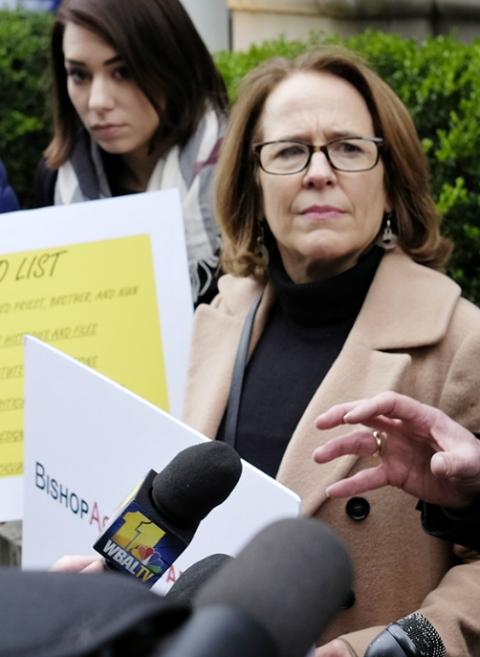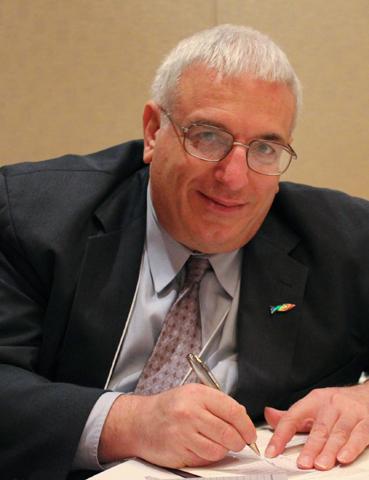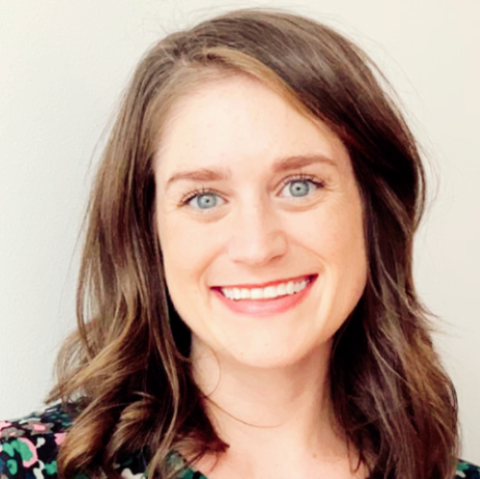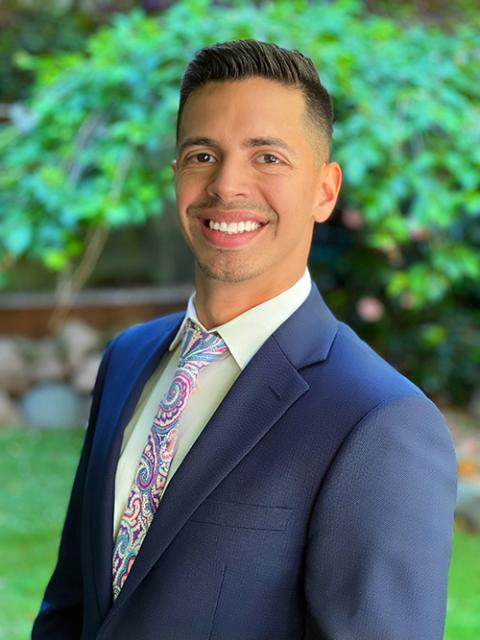The people who presented the working document for the Synod of Bishops pose for a photo in the Vatican press office June 20. From the left are Helena Jeppesen-Spuhler, a synod participant from Switzerland; Sr. Nadia Coppa, president of the women's International Union of Superiors General; Cardinal Mario Grech, secretary-general of the synod; Cardinal Jean-Claude Hollerich, relator general of the synod; and Jesuit Fr. Giacomo Costa, a consultant to the synod. (CNS/Cindy Wooden)
Church reform groups and theologians say they are finding hope in the new Vatican document setting the stage for the upcoming Synod of Bishops in October, even as many harbor reservations or skepticism about the possible outcomes of the synod itself.
The document, released June 20, mentioned many topics previously considered taboo in similar high-level conversations, including the ordination of women to the diaconate, inclusion of LGBTQ+ Catholics, the possibility of married priests and reckoning with and responding to the sexual abuse crisis.
"I've been noticing that, as the reports go up the ladder, they become more and more general; they get away from the specific topics," Francis DeBernardo, executive director of New Ways Ministry, a Catholic LGBTQ+ ministry, told NCR.
In an earlier statement about the text, DeBernardo said it was "nothing short of an amazing and [a] true blessing" that LGBTQ+ persons were mentioned twice in the document. In an interview, he said: "It's no longer an issue on the margins. It's right at the heart of what it means to be a church."
The Vatican text is known as an instrumentum laboris. For previous synods, the document has been something akin to a draft of the eventual synod's final report. But for this synod, being held in two parts in October 2023 and October 2024, the Vatican introduced a new format.
The June 20 text has an introductory section that reflects on the wider meaning of Pope Francis' attempts to create a more synodal church, and a secondary section that is full of open-ended questions for synod participants to use as they start their discussions this October.
One of those questions states that "most" of the gatherings of the continental phase of Francis' three-part synod process, held earlier this year, "call for the question of women’s inclusion in the diaconate to be considered."
"Is it possible to envisage this, and in what way?" the text asks.
Catholic scholar and author Phyllis Zagano speaks during a Jan. 15, 2019, symposium on the history and future of women deacons at Fordham University's Lincoln Center campus in New York City. (CNS/Gregory A. Shemitz)
Phyllis Zagano, a senior research associate at Hofstra University in New York and theologian who has extensively studied the history of Catholic women deacons, said, "The church will continue to understand how the clear historical evidence of women in the diaconate points to a future when women will be restored to ordination as deacons. The worldwide service of women in various non-ordained ministries naturally points to the recovery of this tradition."
Zagano, who also served on the first papal commission to consider the history of women deacons, said the omission from the document of any discussion of women's ordination to the priesthood "clears up the confusion that has been put out that the diaconate is somehow inextricably connected to the priesthood."
In a press release, the Women's Ordination Conference, which works for the ordination of women as deacons, priests and bishops, wrote, "the synodal dialogue will be painfully incomplete if it does not adequately address the widespread calls to open all ordained ministries to women."
Kate McElwee, the group's executive director, told NCR: "We are asking that the women who have discerned this sincere call to ordination are present and heard at the synod assembly."
Beyond calling for discussion about women deacons, the Vatican's June 20 text also asks if there could be an unnamed set of possible "new ministries" for women, in order "to provide the means and opportunities for women’s effective participation in discernment and decision-making bodies."
McElwee said she was hopeful because of "the fact that the church is open to trying something new," especially with the language of possible new ministries.
But while new ministries could "lessen the separation between clergy and laity," McElwee also expressed concern that they might "concentrate the Eucharist into the hands of ordained men."
"We have to ask ourselves if that truly attends to the sacramental needs of the people of God," she said.
On issues of clergy sexual abuse, Anne Barrett Doyle, co-director of BishopAccountability.org, a clergy abuse tracking website, said the new document falls short.
"There seems to be an insufficient recognition of the catastrophic harm to the church's credibility due to the deliberate cover-up of hundreds of thousands of crimes of child molestation by church leaders," she said, also pointing to a question that asks "Is the responsibility for mishandling cases of abuse individual or systemic?" as the document reopening a settled debate.

Anne Barrett Doyle joins protesters in Baltimore Nov. 12, 2018, outside a meeting of the U.S. Conference of Catholic Bishops. (CNS/Tennessee Register/Rick Musacchio)
Barrett Doyle also referenced her criticisms of Francis' signature anti-abuse law, Vos Estis Lux Mundi ("You are the Light of the World"), to say that, in her view, the new document "does not inspire confidence that this synod is going to result in true reform."
Holy Cross Fr. Steve Newton, executive director of the Association of U.S. Catholic Priests, said the document touched on themes of welcoming and inclusion that had been at the heart of his association's recent annual assembly, held in San Diego.
"We must be open to our identity changing every time we open the tent and make the table larger. Life is a process of change, and whenever we resist organic change, we are thwarting rather than building the kingdom," he wrote in an email to NCR, adding that Cardinal Luis Antonio Tagle told the association's assembly that fear and insecurity are present when there is resistance to the Holy Spirit.
Marianne Duddy-Burke, executive director of DignityUSA, an LGBTQIA+ Catholic organization, praised the new format of open-ended questions in the synod's working document. "The format seems to be inviting synod participants to engage deeply with the material and with one another, and to express a hope for deeply human and spiritual conversation," she wrote in an email to NCR.
Advertisement
DeBernardo, with New Ways Ministry, highlighted the significance of the Vatican using the term "LGBTQ+." The 2018 instrumentum laboris for the Synod of Bishops on Young People used the term "LGBT" for the first time, but after vigorous debate at the synod, the term did not appear in the synod's final report.
"The fact that it has now emerged again and in a more expansive, inclusive form tells me that the leaders of the synod are very concerned about being respectful to a group that had been excluded and often talked about using demeaning terms for many, many years," said DeBernardo.
Ish Ruiz, a postdoctoral fellow of Catholic studies at Emory University, said he "rejoiced" at the document's acknowledgement that LGBTQ+ people should be offered welcome in the church but also expressed concern that "LGBTQ+ inclusion can sometimes be treated as an exclusively pastoral matter."
Ruiz, who is a gay Latinx theologian, urged synod participants to not just think about questions of care for and evangelization of LGBTQ+ people, but to ask "What gifts do LGBTQ+ Catholics bring to the church?” and "What can we learn from the grace-filled witness of LGBTQ+ Catholics?”
Duddy-Burke agreed with Ruiz. While she said that it was positive that "the synod process is not shying away from the complexities of human relationships," she wrote that "achieving welcome is a low baseline."
"The aspiration is for full equality and communion for our community, not just not being judged harshly," Duddy-Burke, a married lesbian mother of two, said.
Ruiz added that the working document "continues on a path of decentralization, which is so emblematic of Pope Francis' papacy and the teachings of Vatican II, and lives into the call to reach out toward those marginalized, including LGBTQ+ persons — bringing them into active participation in the life of the church."











